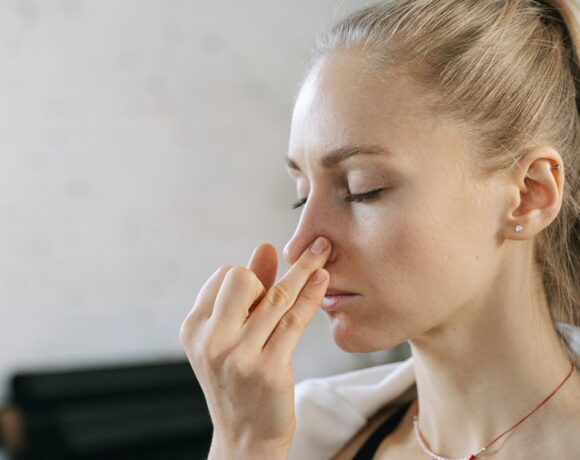Balancing Hormones Naturally: Foods to Treat Female Hormonal Imbalance

Hormonal imbalances can affect women at various stages of life, causing a range of physical and emotional symptoms. While medical treatment is often necessary, the right diet can complement these efforts and promote hormonal balance. In this blog post, we’ll explore a selection of foods that can help treat female hormonal imbalance naturally.
- Leafy Greens for Estrogen Balance:
Leafy greens like kale, spinach, and Swiss chard are rich in folate, a B-vitamin that supports estrogen metabolism. Maintaining balanced estrogen levels can help alleviate symptoms of hormonal imbalance.
- Flaxseeds and Omega-3 Fatty Acids:
Flaxseeds are a potent source of omega-3 fatty acids and lignans. These compounds can help regulate menstrual cycles, reduce inflammation, and improve hormonal equilibrium.
- Avocado for Progesterone:
Avocado contains healthy fats and vitamin B6, which can support the body’s production of progesterone, a hormone important for menstruation and pregnancy.
- Turmeric for Inflammation:
Turmeric’s active compound, curcumin, has anti-inflammatory properties. It may help reduce inflammation-related symptoms of hormonal imbalance, such as menstrual pain.
- Fermented Foods for Gut Health:
A healthy gut plays a significant role in hormone balance. Incorporating fermented foods like yogurt, kefir, and sauerkraut can promote gut health and improve hormonal regulation.
- Nuts and Seeds for Hormone Production:
Nuts and seeds provide essential minerals like zinc, which is crucial for hormone production and balance. Snacking on almonds, pumpkin seeds, or walnuts can be beneficial.
- Cruciferous Vegetables and Detoxification:
Broccoli, cauliflower, and Brussels sprouts belong to the cruciferous vegetable family, known for supporting liver detoxification processes, which can aid in hormonal balance.
- Berries and Antioxidants:
Berries are packed with antioxidants that combat oxidative stress, which can contribute to hormonal imbalance. They are also a good source of fiber.
- Wild-Caught Fish for Vitamin D:
Fatty fish like salmon and mackerel provide vitamin D, which plays a role in hormone regulation. Adequate vitamin D levels are essential for overall hormonal health.
- Herbal Teas for Hormone Harmony:
Herbal teas such as spearmint and chasteberry (Vitex) can help regulate hormonal cycles and reduce symptoms like acne and menstrual irregularities.
Conclusion:
While dietary changes alone may not completely resolve hormonal imbalances, incorporating these hormone-balancing foods into your diet can be a valuable complement to medical treatments. Always consult with a healthcare professional to address specific hormonal concerns, but don’t underestimate the power of natural, hormone-friendly foods in supporting your overall well-being.
Picture courtesy: Google/images are subject to copyright








